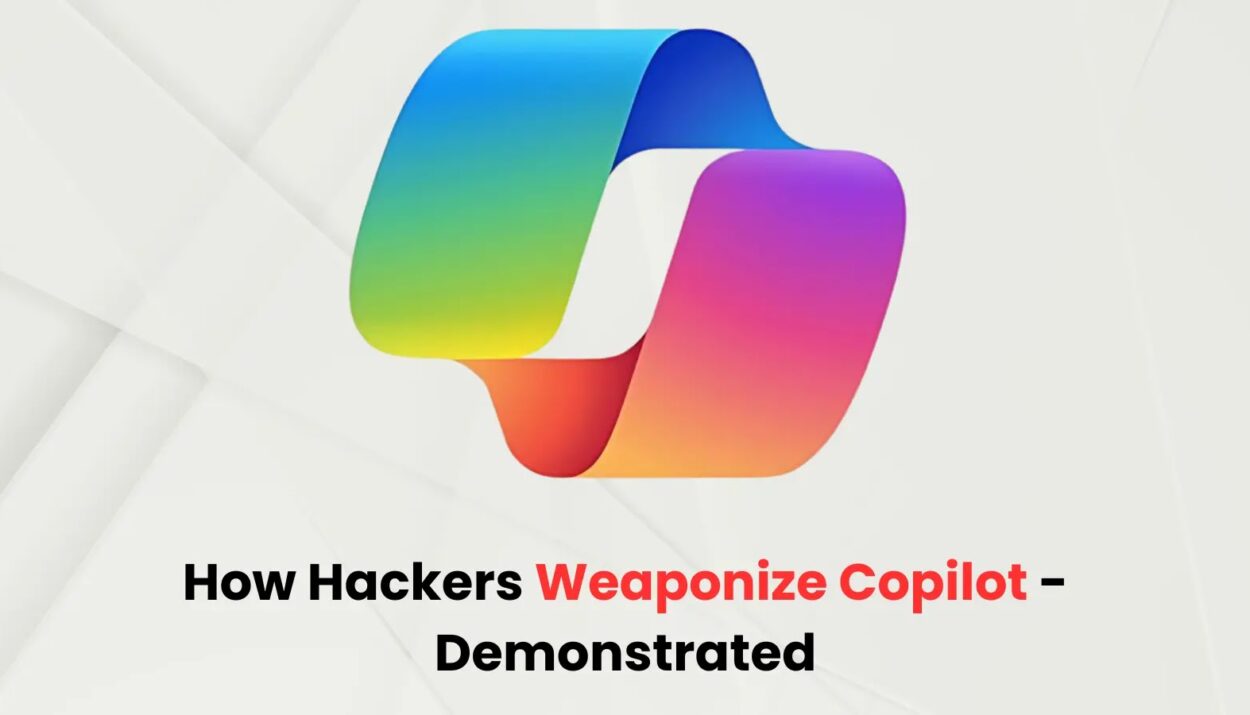At the recent Black Hat USA conference, security researcher Michael Bargury revealed critical vulnerabilities within Microsoft Copilot, raising significant concerns about the security of AI-powered tools. Bargury’s presentation highlighted how these vulnerabilities could be exploited by hackers to execute sophisticated cyberattacks, making it clear that organizations need to reassess their security strategies when using AI technologies like Copilot.
Exploiting Copilot for Cyberattacks
Bargury demonstrated several methods through which attackers could leverage Microsoft Copilot to conduct cyberattacks. One of the most concerning revelations was the use of Copilot plugins to install backdoors into other users’ interactions. This allows hackers to access sensitive data and launch AI-driven social engineering attacks without detection.
By manipulating Copilot’s behaviour through prompt injections, hackers can alter the AI’s responses to suit their objectives. This technique allows attackers to bypass traditional security measures focused on file and data protection, making it difficult to detect unauthorized activities.
AI-Based Social Engineering Threats
One of the most alarming aspects of the vulnerabilities exposed is the potential for AI-based social engineering attacks. Copilot can be exploited to craft convincing phishing emails or manipulate user interactions, leading to the unintentional disclosure of confidential information. This capability underscores the sophistication of modern cyber threats and the need for robust security measures.
Introduction of LOLCopilot
To illustrate the potential dangers, Bargury introduced “LOLCopilot,” a red-teaming tool designed for ethical hackers. This tool allows security professionals to simulate attacks and explore how Copilot could be misused for data exfiltration and phishing attacks within any Microsoft 365 Copilot-enabled environment. LOLCopilot operates using default configurations, making it a powerful tool for understanding the threats posed by AI-driven technologies.

The Need for Enhanced Security Measures
The demonstration at Black Hat revealed that Microsoft Copilot’s default security settings are not sufficient to prevent these types of exploits. Given Copilot’s ability to access and process vast amounts of data, the risks are significant, especially if permissions are not carefully managed.
Organizations are advised to implement stronger security practices, including regular security assessments, multi-factor authentication, and strict role-based access controls. Additionally, educating employees about the risks associated with AI tools like Copilot and establishing comprehensive incident response protocols are crucial steps in mitigating these threats.
As AI technologies continue to evolve, so do the methods used by cybercriminals to exploit them. The vulnerabilities exposed in Microsoft Copilot serve as a stark reminder of the need for vigilant security practices and proactive measures to protect against the next generation of cyber threats.










